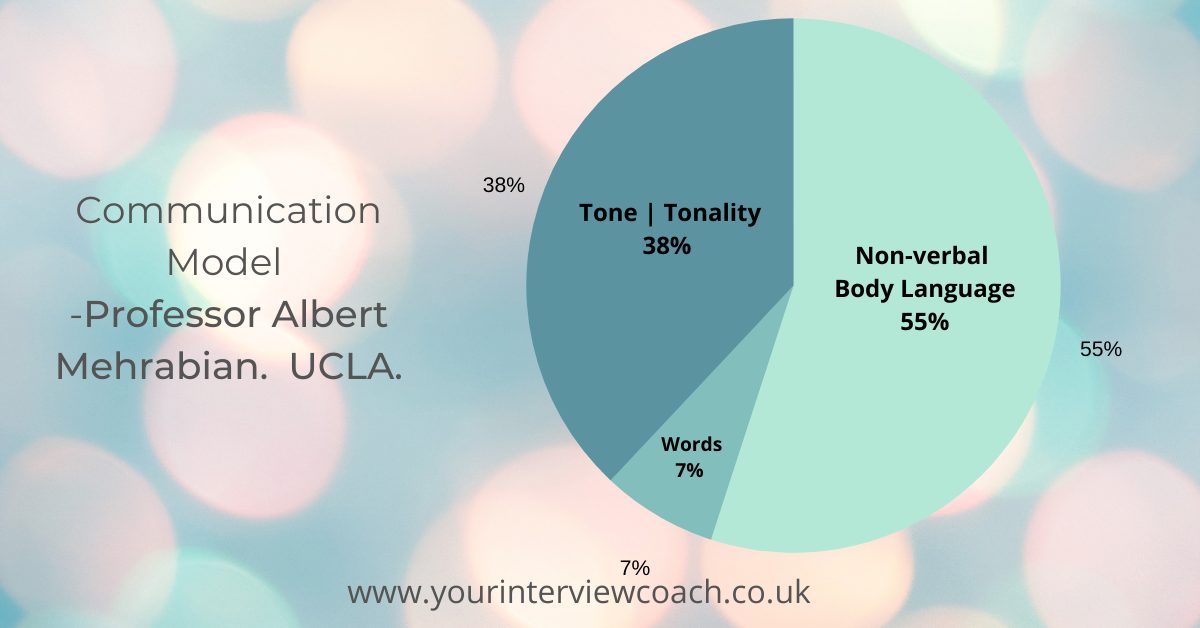Here are some mistakes to avoid on a telephone interview
Telephone interviews are a convenient method of managing candidates through the recruitment process. During COVID-19 we’ve seen an increase in the number of video and Skype interviews for obvious reasons. However, let’s not forget the convenience of traditional telephone interviews.
Unlike a face-to-face interview or Skype, you cannot see the other person. Okay, that’s obvious! However, what this means is you and the interviewers have a lot less non-verbal information. All you have is the person’s words and tonality. We’ll give you more information about body language later in the article.
So, what are the common mistakes to avoid on a telephone interview?
During my in-house recruiter days, I conducted 100s of telephone interviews. It was a quick, easy, convenient, and cost-effective way of interviewing several candidates. However, there were some common mistakes some candidates made during telephone interviews.
What types of telephone interviews are there?
Let’s start by explaining the different types of telephone interviews. There are two main types of telephone interviews, however, there are a further two that you may not have even considered as interviews.
Screening telephone interview:
These types of telephone interviews are normally short conversations to gather some very basic but important information.
It’s often to assess you have the essential criteria for the job and also, to understand your career aspirations. This is a good opportunity for you and the business because it will save time later in the process.
It saves you time preparing for the structured interview, it saves you the cost of travel perhaps and time out of your diary. And, it’s pretty much the same for the business, saving time and money.
Questions:
- What initially attracted you to the job?
- Why are you considering leaving your current job?
- What are the main skills you bring to this job?
- Tell us about yourself?
- What are your career aspirations?
- Do you have an idea of your salary expectations?
- What is your notice period?
Structured / competency-based telephone interview:
This is usually a pre-booked slot with either the hiring manager or recruiter. They are likely to let you know the format of this interview because they will want you to take the time to prepare.
This type of telephone interview will be very similar to having a face-to-face formal interview and should be treated in the same way.
It could be a behavioural competency style interview, therefore, remember to prepare some specific examples that demonstrate the most relevant behaviours.
Enquiry or exploratory call:
This is when you initiate the call to the hiring manager. Some candidates take the opportunity to find out more about a vacancy before they apply. Some companies may even invite candidates to call if they would like an informal chat. It’s a great opportunity to understand if it’s a job you would suit and whether it’s worth going through the entire recruitment process.
Sometimes this type of telephone interview is called a ‘hidden interview’.
You may not consider or even label this as a ‘telephone interview’ and it’s certainly not going to be a planned or structured call. However, if you do get to speak to the hiring manager or recruiter keep in mind they are probably assessing how you communicate, what questions you ask because this will indicate what’s most important to you, and so on.
Recruitment Consultant:
Consultants from a recruitment agency tend not to pre-book a slot with you. They may have your CV on file, or you’ve applied to a vacancy they are advertising or they’ve found you on LinkedIn. Therefore, as soon as they receive your application or find you, they are likely to be on the phone. No warning!
So, when you are active in the job market keep this in mind. If you are dropping off the kids or in the middle of your supermarket shopping and the phone rings, be mindful it could be a recruiter. If it’s not convenient let them know or don’t answer the phone.
Be mindful recruiters are assessing you on the call and this is your opportunity to make a good first impression. If this call doesn’t go well, they may not want to put you forward to their client. Also, be aware recruiters are usually under some time pressures and you may miss out on an opportunity if you are difficult to get in touch with you.
Mistake #1 Not taking it seriously
This is one of the biggest mistakes some candidates make with a telephone interview. They don’t take it seriously. It’s easy to get complacent with a telephone interview. Just like an informal interview candidates can be a little too relaxed.
You still need to prepare and practise like you would a face-to-face interview. The interviewer is still attempting to assess your suitability for the job and even more so, the fit with the team and company. It’s the likability factor that probably plays a big part in a telephone interview.
Mistake #2 Talking too much
Especially, with a telephone interview, you need to keep your answers punch and concise. So, for this reason, you need to practise. Once you’ve prepared some answers to common questions and then time yourself talking through your answers.
If you are a particularly talkative person it’s important you practise your answers. The risk on the day is talking for way too long. Telephone interviews are usually shorter and the interviewer will have some specific information they want to gather.
Mistake #3 Not talking enough
We’ve talked about talkative and chatty candidates above. What about if you are introvert or quiet? Again, the same guidelines apply. You need to prepare and practise your answers. You need to make sure the interviewer knows you can do the job.
Even if you are a little nervous, you need to be confident about your ability. A way of improving your confidence is to prepare and practise. Most candidates understand they need to prepare however, they neglect to practise.
Mistake #4 Getting distracted
There are many possible distractions while on a telephone interview; children, pets, post and delivery people and the list goes on.
Recruiters have probably experienced lots of things happening during an interview. When I worked in the City, we had a bomb threat in the area and in the middle of an interview, we had to go to the nearest stairwell. That’s the safest place to be apparently. There is nothing you can do about some distractions during interviews!
However, it’s easy to let interruptions affect your interview performance. It may even affect the flow of the conversation and you will be more distracted than the interviewer. They are used to things happening. The best thing you can do is keep calm and carry on! It sounds simple and it’s less than easy. Remaining calm and focused on the interview will help to keep the conversation on track.
Mistake #5 Not booking out the time
Typically, most telephone interviews are likely to be screening in or out. It can be a full-on structured interview of course so you need to keep this in mind too. However, most of the time it’s likely to be a quick and easy way to interview several candidates and short-list.
This process enables the interviewer to narrow down several candidates and take them onto the next stage. This type of telephone interview saves you and the business time and costs associated with recruiting.
Body Language
During a face-to-face interview, both you and the interviewers are exposed to lots of verbal and non-verbal communication.
According to research conducted by Professor Albert Mehrabian at UCLA (University of California Los Angeles), we are influenced more by non-verbal body language than the words of a message.
He developed a communication model which demonstrated that only 7% of what we communicated consisted of the words of the message.
The use of our voices (the tone, volume, speed, pitch, rhythm, clarity, etc.) amounts to 38% and as much as 55% consists of body language such as the amount or lack of eye contact, posture, facial expressions, hand movements, and gestures, etc. the non-verbal communication.

What does this all mean when you are on a telephone interview?
There will be less non-verbal indicators from the interviewers. This may be challenging for some candidates to work out whether the interview is going well or not.
Keep this in mind and aim to keep the conversation flowing and ensure you listen carefully to the questions.
- Listen carefully to the questions and don’t be afraid to check your understanding
- Try not to interrupt the interviewer, it happens a lot on a telephone interview
- Keep concise and try not to waffle. And, this is why it’s important to practise your answers
- Be mindful of time because it’s likely to be a brief interview.




Recent Comments